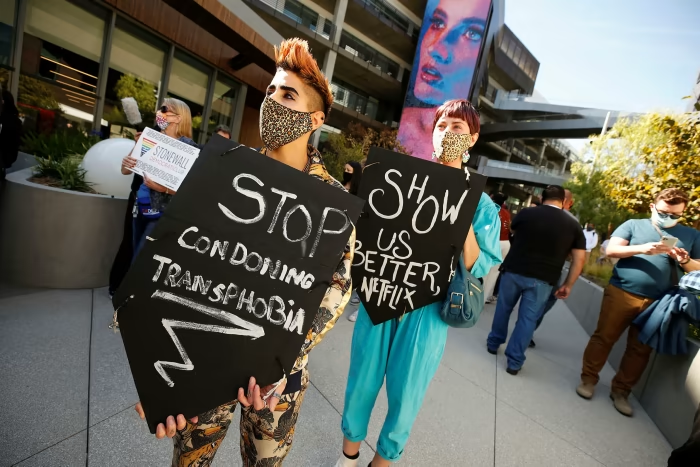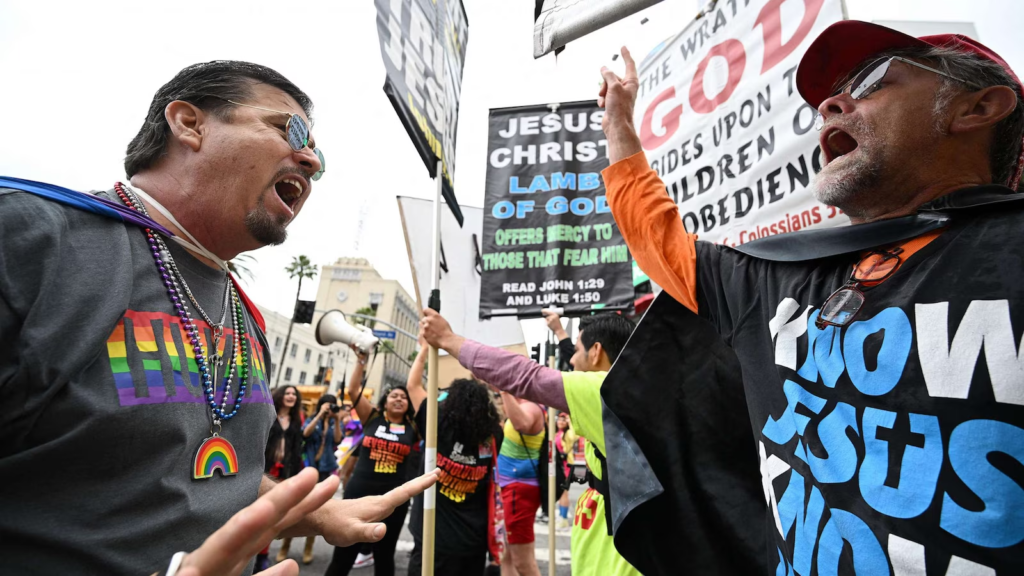Cultural wars over identity have become one of the most emotional and visible struggles of modern society. These debates go beyond policy and economics and strike directly at how people see themselves and their place in the nation. Questions about language, history, and symbols shape conversations about belonging, unity, and fairness.
From disagreements about monuments and flags to disputes over how schools teach history, these battles reveal the tension between preserving tradition and adapting to social change. Understanding cultural wars over identity is essential to grasp why they are so difficult to resolve and why they influence politics, education, and national unity.
Defining Cultural Wars over Identity
Cultural wars over identity are conflicts that revolve around values, traditions, and symbols rather than straightforward policy. They focus on culture, memory, and meaning, making them deeply personal.
Key issues in these conflicts often include:
- Language rights and recognition
- How national history is taught in schools
- The role of monuments, flags, and public symbols
- Representation of different communities in politics and media
Because these questions shape identity and heritage, they tend to provoke strong emotions and are harder to resolve than economic or political disputes.

Language and National Belonging
Language plays a powerful role in identity and belonging. In multilingual or multicultural nations, language often becomes a symbol of inclusion or exclusion.
In the United States, debates continue over whether English should be the only official language or whether Spanish and other languages deserve equal recognition. In Canada, the relationship between English and French has defined national politics for decades. In Spain, regional languages such as Catalan and Basque carry not only cultural meaning but also political demands for independence.
Supporters of dominant languages argue that a shared national language is necessary for unity. Opponents insist that protecting minority languages preserves diversity and ensures respect for all citizens. This balance between unity and pluralism lies at the heart of language-related cultural wars.
Teaching National History
One of the most heated fronts in cultural wars is education. How history is presented in schools influences how future generations view their country and themselves.
The central question is whether schools should emphasize national achievements or also highlight painful legacies such as slavery, colonization, and systemic discrimination.
In the United States, debates about how to teach race and history, including the controversies around critical race theory, illustrate this tension. Advocates of inclusive teaching believe that students should learn the full complexity of national history, including injustices. Critics worry that focusing on historical wrongs divides students and undermines pride in the nation.
These debates show how teaching history is not only about the past but also about shaping identity and unity in the present.
Monuments, Flags, and National Symbols
Symbols such as statues, flags, and anthems often carry deep meaning and can spark cultural conflict. They represent not only history but also identity and values.
In the United States, Confederate statues have been at the center of protests and counter-protests. In several European countries, monuments from the colonial era have come under scrutiny, with activists calling for removal or reinterpretation. Flags and national anthems also provoke strong emotions, with disputes over when and how they should be displayed or honored.
For those who see these symbols as heritage, removing them feels like erasing history. For others, keeping them in public spaces honors systems of oppression. The clash over symbols shows how cultural wars often come down to competing visions of what the nation represents.
Identity Politics and Representation
Cultural wars over identity also appear in debates about representation in politics, media, and public life. Efforts to increase the visibility of women, racial minorities, and LGBTQ+ communities are celebrated by some as progress toward equality but criticized by others as divisive.
Supporters of identity movements argue that they bring recognition to groups that have been historically marginalized. Opponents warn that too much focus on group identity can fragment society and reduce attention to shared citizenship.
The entertainment industry, sports organizations, and advertising campaigns often become flashpoints, with casting decisions or corporate messages sparking heated public debate.
Globalization, Migration, and Change
Globalization and migration add new layers to cultural wars. As societies grow more diverse, questions about integration and belonging become sharper.
Immigration brings new languages, religions, and traditions into existing cultural frameworks. Global media spreads cultural influences across borders, sometimes clashing with local traditions. Rapid demographic changes create fears for some groups about losing cultural dominance or identity.
Balancing openness to diversity with respect for long-standing traditions is one of the greatest challenges facing modern societies.
Politics and Cultural Division
Politicians often use cultural wars over identity to energize their supporters. Framing debates around language, history, or symbols can create a strong sense of urgency among voters.
While this strategy may work for short-term political gain, it usually deepens polarization. When leaders highlight cultural divisions, compromise becomes more difficult, and the issues grow harder to resolve. Cultural debates then become lasting points of division in society.

Searching for Common Ground
Although cultural wars over identity are challenging, there are possible ways forward.
- Encouraging inclusive dialogue across communities reduces misunderstanding and mistrust.
- Emphasizing shared values, such as freedom, dignity, or fairness, helps unite diverse groups.
- Teaching multiple perspectives in history classrooms can prepare students to engage with complexity.
- Finding compromise on symbols, such as contextualizing or reinterpreting monuments, avoids erasing history while acknowledging injustice.
These steps do not eliminate cultural conflict but create opportunities for constructive engagement.
The Future of Cultural Wars
As diversity grows and global influences spread, cultural wars over identity are likely to remain central to national debates. Questions about language, history, and symbols will continue to define public conversations and political struggles.
The challenge is to prevent these debates from becoming sources of permanent division. If handled with care, cultural conflicts can become opportunities to strengthen inclusivity and resilience. If ignored or manipulated for political purposes, they risk eroding unity and trust in national institutions.
Conclusion
Cultural wars over identity highlight the deep importance of belonging, memory, and representation in shaping modern societies. Language, education, monuments, and representation each play critical roles in defining who belongs and what values the nation should uphold.
These conflicts are often intense and polarizing, but they also reveal the central role of identity in building communities. By fostering dialogue, focusing on shared values, and approaching history with honesty, societies can move toward a stronger and more inclusive sense of unity.
Do Follow USA Glory On Instagram
Read Next – Cyber Warfare and AI Weapons: The New Global Threats






